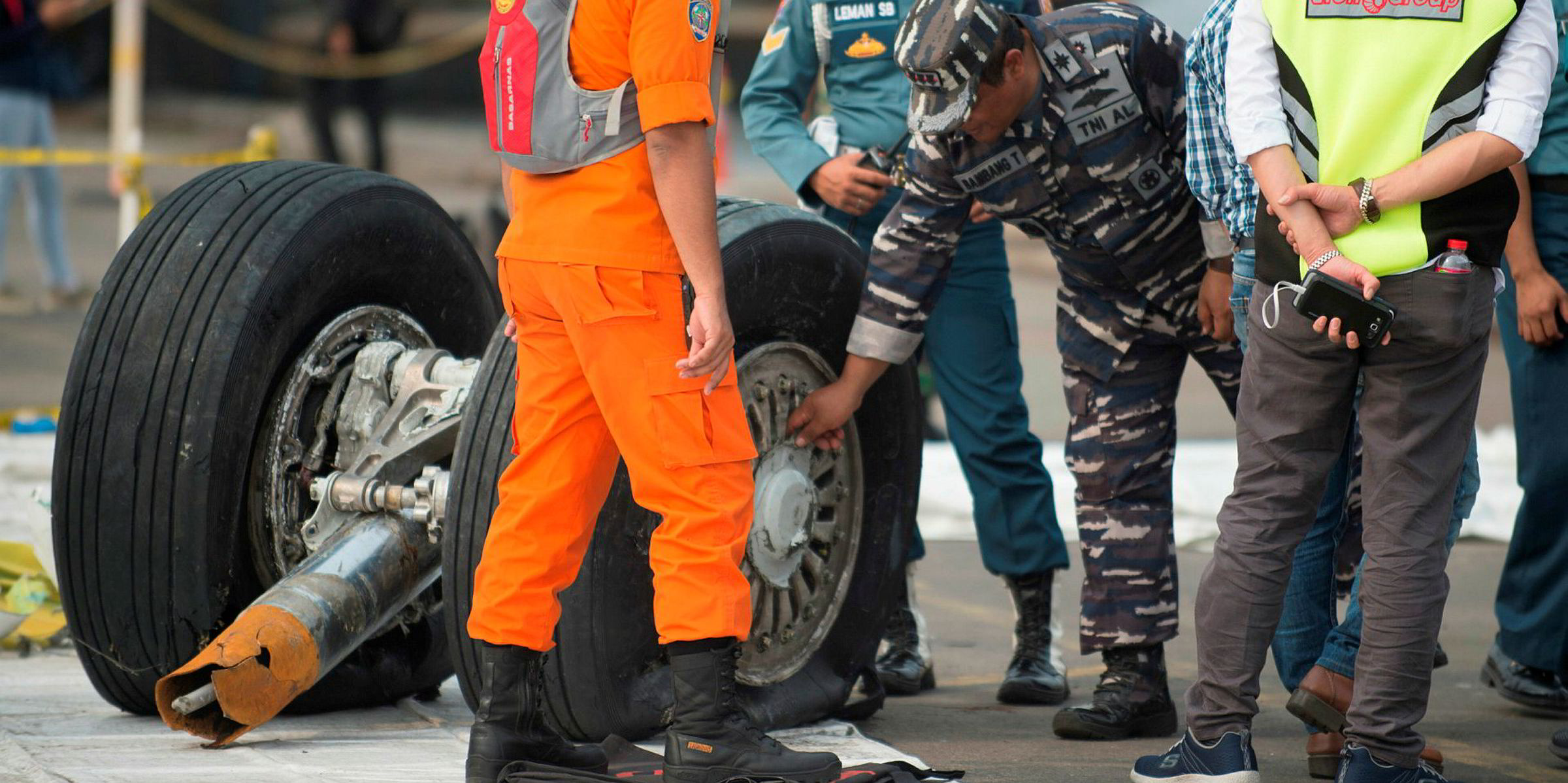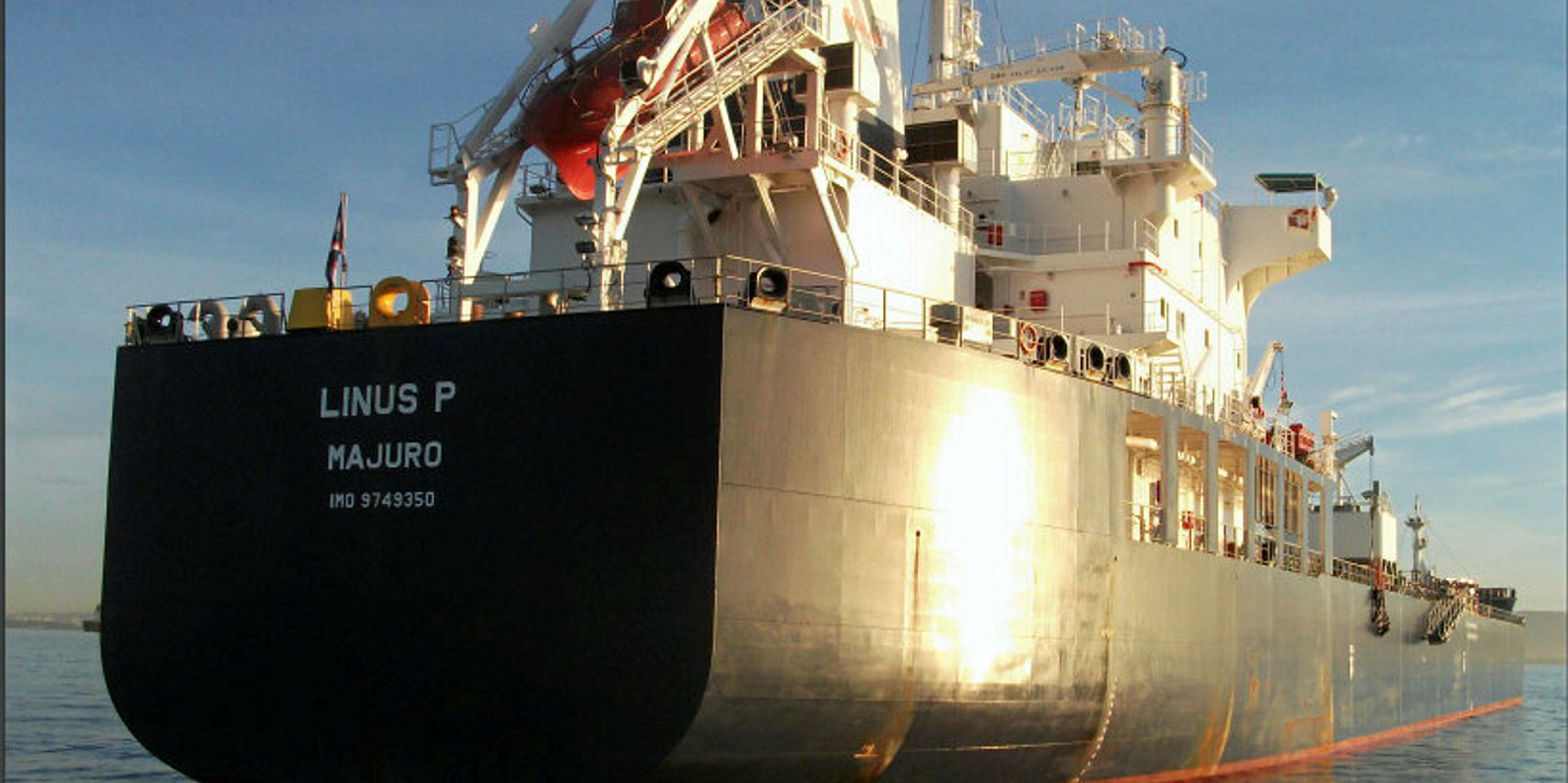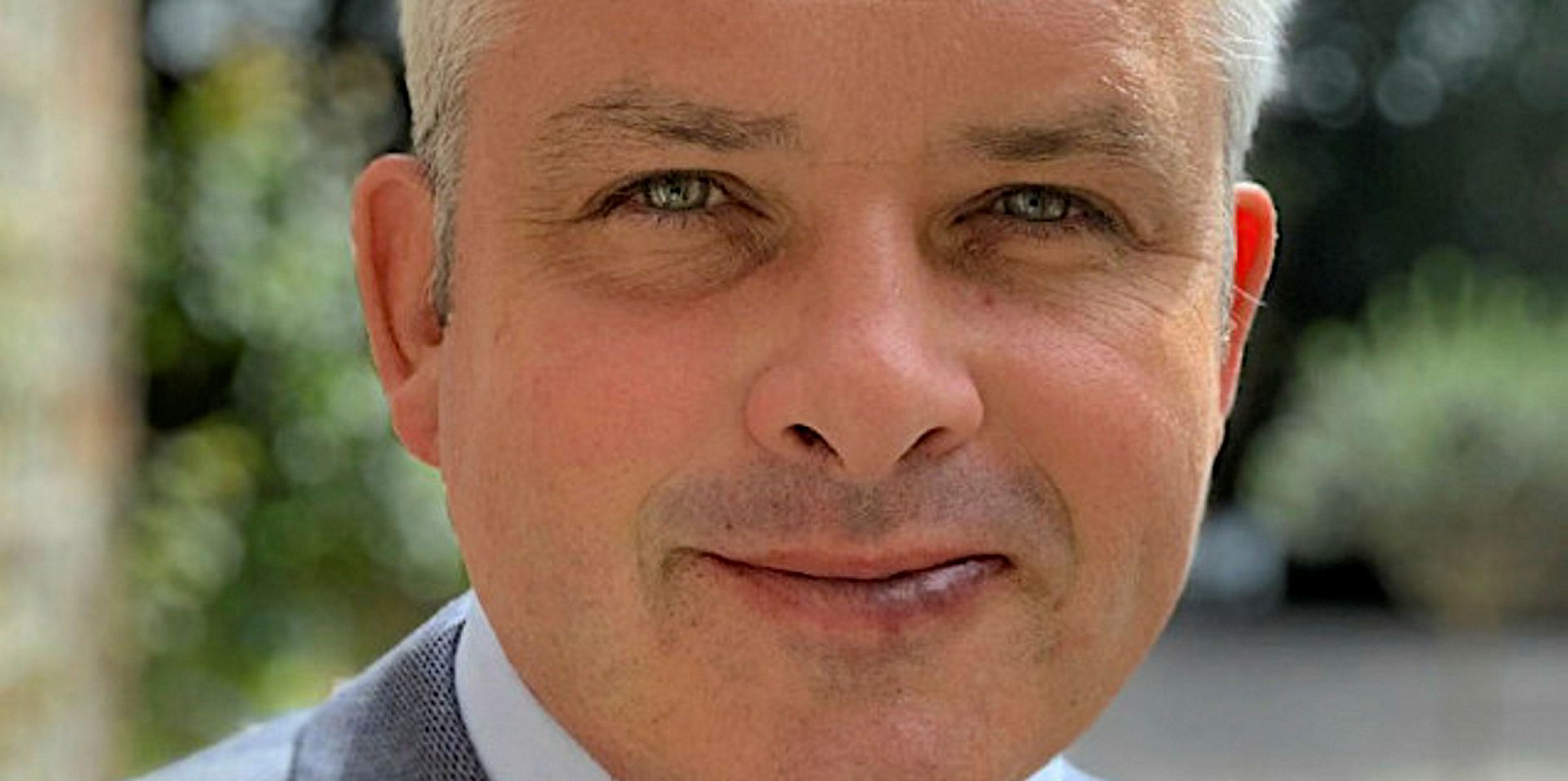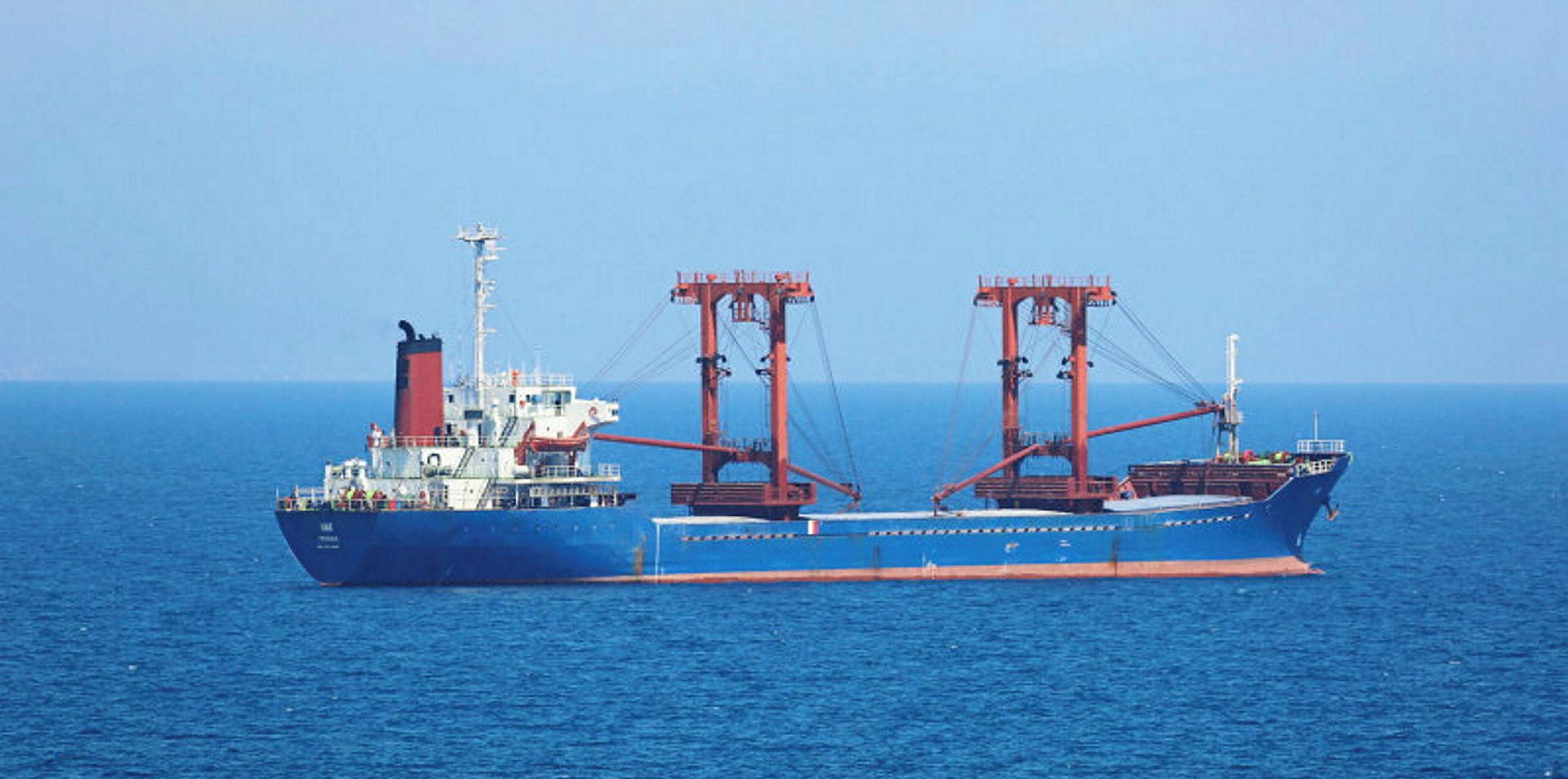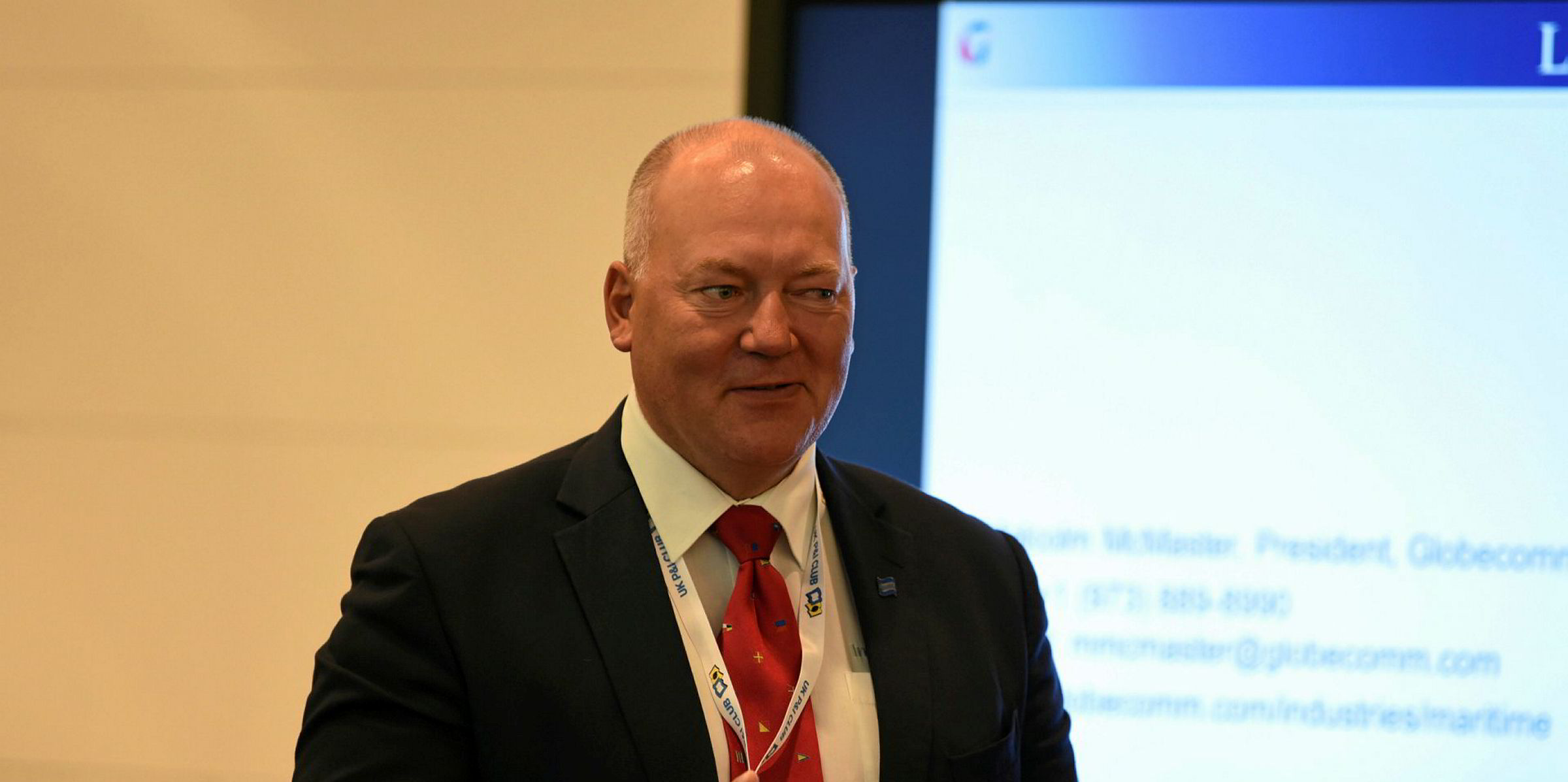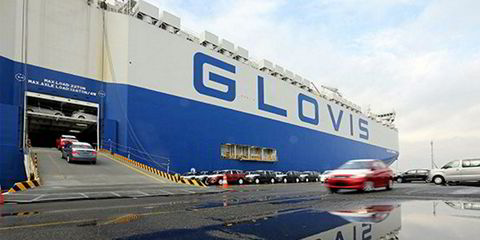Shipping needs to learn the lessons of accident investigators in the aviation industry, according to InterManager secretary general Captain Kuba Szymanski.
Szymanski, who heads up the international trade association for the shipmanagement industry, believes too much of the blame in accident investigations falls on the shoulders of seafarers.
Therefore, he said more responsibility should be borne by other stakeholders, including flag states, port state control and classification societies.
An inaugural meeting between InterManager and air safety investigators scheduled for early March in Cyprus had to be postponed due to the coronavirus outbreak.
But the association remains keen to discover why the aviation industry takes what it deems "drastic measures" to stop a particular aircraft design or procedure in the wake of an accident.
It expects to contrast that with the procedures in shipping, which “keeps repeating the same errors, with multiple fatalities”.
“We’re asking air investigators to share with us: How do they manage not to blame humans? How do they manage to put things further up into the hierarchy,” Szymanski said.
Big benefits
The Covid-19 pandemic has seen the aviation and maritime industries begin to cooperate to find a way of repatriating seafarers.
The solution — touted by the International Air Transport Association and the International Chamber of Shipping on 15 April — was to find key ports that are close to airports and have the capacity to fly crew home.
Szymanski said cooperation between the two industries brings “big time” benefits for both.
He added that shipping is ahead of aviation in some areas, such as the Project Martha — a three-year study of the impact of fatigue on the physical and mental wellbeing of seafarers.
But shipmanagers believe shipping can learn much from the airline industry’s approach to safety and accident investigations.
Aviation investigators “go for the top” of the safety hierarchy.
“And, they see how it reflects on the bottom,” Szymanski said.
Hierarchy of controls
The approach is integral to InterManager’s campaign to reduce the number of deaths in enclosed spaces.
Enclosed-space deaths have been one of the biggest killers of seafarers on board vessels for 50 years and the subject of talks involving InterManager at the IMO.
Szymanski believes the shortcomings of maritime investigators are linked to a “hierarchy of controls” governing safety guidelines.
“Our biggest problem is that many accident investigations only concentrate on the lower possible controls,” he said.
These controls focus on the role played by humans in seafaring accidents.
Szymanski, who chairs an IMO sub-committee on enclosed-death spaces, described seafarers as the “last defence” of safety regulations.
Their position in the hierarchy should be supported by the “first defence”, which could be the design of the ship, or improved safety procedures.
Szymanski believes it is too easy to blame a death in an enclosed space on a seafarer's failure to follow procedures, such as wearing a mask.
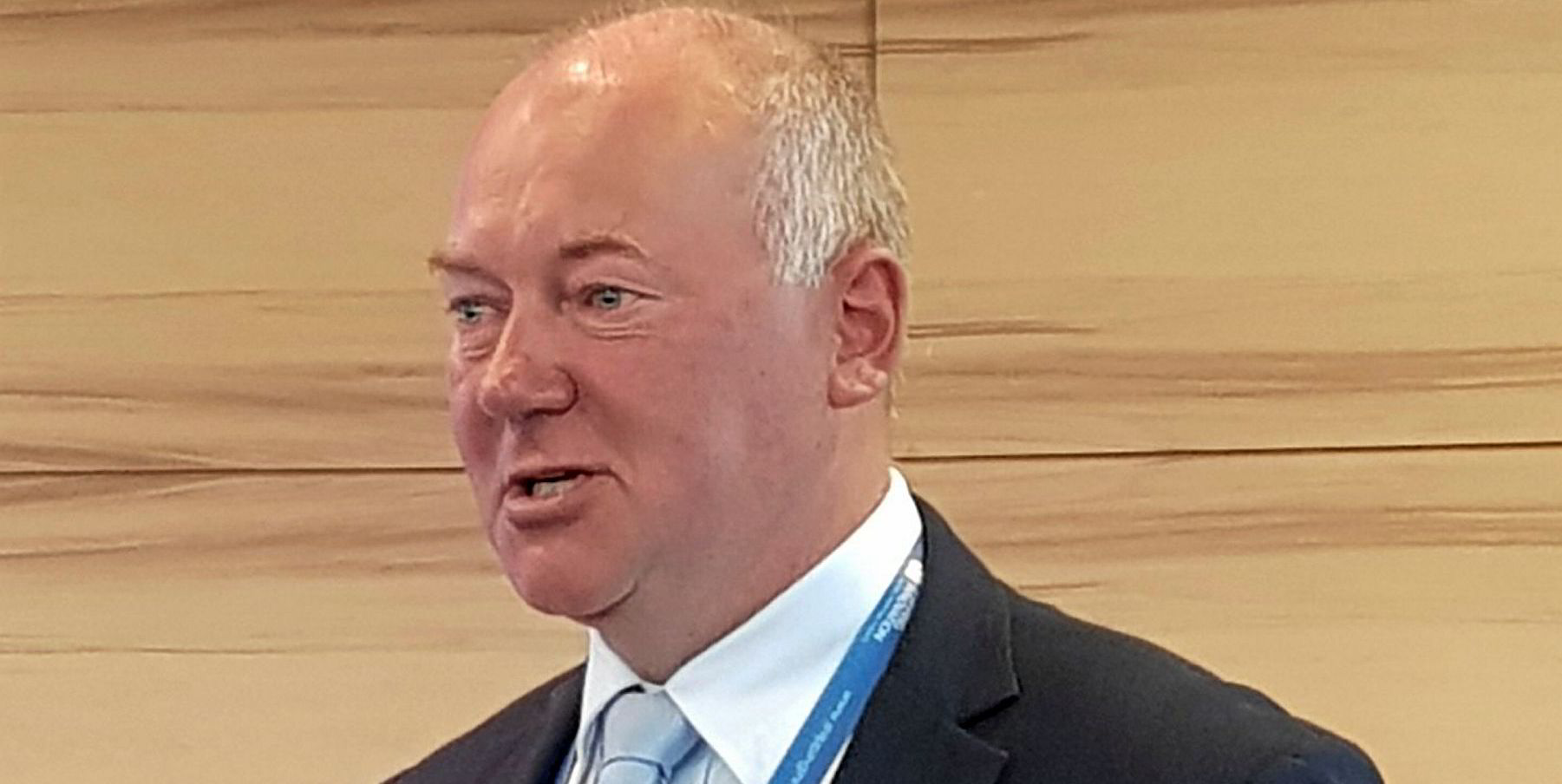
Instead, he questions why seafarers should be ordered to go into enclosed spaces that are known to be dangerous.
“Going higher up [in the hierarchy] shows that we’ve got a problem somewhere else," Szymanski said. “The problem won't be solved at lowest possible last defence."
He alluded to the possibility that enclosed spaces might be a job for specialists, not seafarers.
Stakeholders
InterManager will direct its campaign within the IMO on the responsibilities of flag states, classification societies and port-state-control authorities.
“This is very important because a lot of people investigating accidents do not see other organisations as stakeholders of the accident," Szymanski said.
InterManager launched its enclosed-death campaign in October 2018 when it asked seafarers what could be done to prevent mortalities.
More than 5,000 respondents called for a mix of measures, including restricting enclosed-space access to senior management, technology to limit the need for seafarers to access enclosed spaces, and newbuilding designs to avoid areas of enclosed space or restrict them to a minimum.
So far, the IMO has come up with only limited measures, including that oxygen meters should be installed on vessels to avoid deaths in enclosed spaces.
But shipmanagers are ready for a lengthy campaign if seafarers continue to be told to enter enclosed spaces.
“When will I call this project finished?" Szymanski asked. "When we stop seeing people dying in enclosed spaces.”
He draws the comparison with Boeing's 737 Max fleet, which was grounded in March 2019 after two fatal crashes.
“At the moment, we still have accidents, accidents, accidents," he said.
"But we are not doing what Boeing did, we did not call it a day. Our industry doesn’t seem to be that way.”
